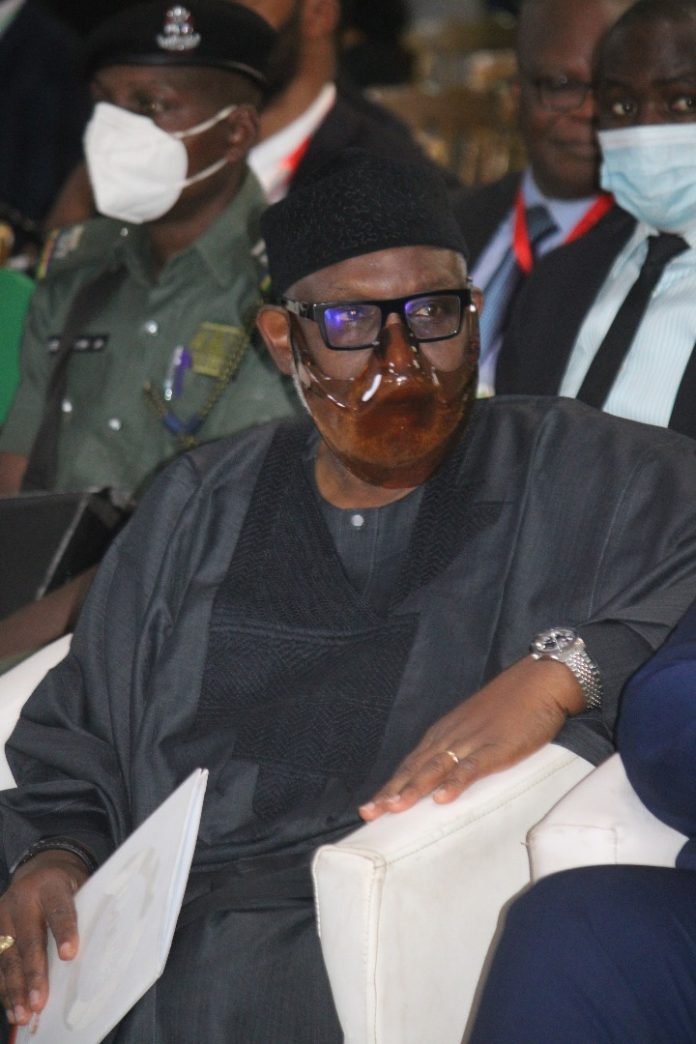Never in a million years would spare parts dealers in Nigeria have dreamed that their trade would one day be the subject of intense political discussion at the highest levels.
In the past fortnight or so, the public space has been dominated by the decision of the Southern Governors’ Forum, rising from their meeting in Asaba, Delta State, to ban the practice of open grazing in their respective states – and, of course, the inexplicable response to that declaration by the Attorney-General of the Federation and Minister of Justice, Abubakar Malami, SAN – to the effect that banning open grazing in the south was not only unconstitutional, it was akin to banning the trade in spare parts in the north. And then came the counter-response to Malami’s remark by the Forum, whose chairman, Gov. Rotimi Akeredolu of Ondo State, SAN said it betrayed a ‘terrible mindset.’
Probably because this development took place in the run-up to the annual conference of the NBA’s Section on Public Interest and Development Law (SPIDEL) in Ibadan, the Oyo State capital, it expectedly weighed heavily on the minds of stakeholders.
So also did the constitutional amendment currently going on in the national assembly in Abuja. Of special interest to the legal community in the country is the issue of judicial autonomy and what it entailed, as well as the autonomy of local governments councils in Nigeria.
These issues formed the crux of the opening technical session at the SPIDEL conference.
Anchored by Olawale Fapohunda, SAN, who is the attorney-General of Ekiti State, the session took the form of a one-on-one question and answer session.
It was also a rare encounter between past and present state actors. The aforementioned Gov. Akeredolu kicked off the session by emphasizing – in response to Fapohunda’s opening question on the first subject – that Ondo State, for one, would adopt ranching as a model of animal husbandry henceforth.
He urged the federal government to provide support for each state desirous of doing the same – rather than its present negative stance.
Asserting that the primary responsibility for security in any given entity lies with the inhabitants, the governor dwelt at length on the modalities of Amotekun, the regional security outfit that caters to the states of the former Western Region.
On the issue of judicial autonomy, Akeredolu announced that, at least in Ondo State, the judiciary was already autonomous – even to the point where he as governor was not aware of all her revenues and expenditures.
Gov. Bala Mohammed of Bauchi State, who spoke next on the same set of topics, agreed with his Ondo State counterpart that ranching of cattle was the way forward, not just in order to avert the farmer-herder clashes that have devastated many communities across the nation, but also because open grazing was an anachronism in this day and age, and even the herdsman needed protection from the vagaries of his ancestral profession.
Mohammed, who was widely vilified some months back, especially on social media, for reportedly saying that Fulani herdsmen had the right to dwell, and to graze their cattle, anywhere in the country, struggled to clarify those comments by saying that as much as he was against the activities of some killer herdsmen, he was also against ethnic profiling – the notion that links Fulanis with every act of criminality and terrorism in the land. In fuller remarks shortly after, Gov. Mohammed, a former minister of the FCT and former senator, raised a number of issues that Nigeria needed to address in order to salvage her destiny and walk back from the brink.
Some of these issues include what the governor called the personalization of leadership; the dissonance between governance and the public interest; the incapacity of governors to ensure desired economic and security outcomes in their states, thanks to the distortions of the system; the clamour for state police; and the urgent imperative of restructuring the polity at this time.
The former governor of Imo State, Owelle Sen. Rochas Okorocha blamed the insecurity ravaging Nigeria and her people today on the twin scourges of poverty and massive youth unemployment.
Bad governance, coupled with a discordant polity where what passes for dialogue is actually a shouting match and a blame game, in the end, will lead to the chaos we’re seeing today, he said, adding biblically that Nigerians must seek first the kingdom of good governance, and all other things shall be added in due course.
The former deputy senate president, Sen. Ike Ekweremadu took the assembled audience through the various attempts at constitutional amendment – especially in respect of issues like the push to rework the legislative lists; the push to separate the offices of the Attorney-General and the Minister of Justice; electoral reform, to name a few – since the advent of the present democratic dispensation.
Many of these efforts bore fruit, but most were thrown overboard, sometimes for no credible reason whatsoever. Like the former Imo governor, Sen. Ekweremadu lay the blame for our present woes on the ‘feeding-bottle’ federalism
Nigeria has continued to practice since the 1970s, rather than a socio-economic system built on the resourcefulness, industry and ingenuity of her people.
On the rumblings in the land, and the widespread agitation by various groups for self-determination, Ekweremadu stakeholders to consider the Canadian experience with the province of Quebec, which, he said, was a testimony to the power – indeed the indispensable value – of inclusiveness.
His colleague in the upper chambers, Sen. Eyinnaya Abaribe, spoke in the same vein.
The pertinent question to ask at this time, Abaribe said, was not the merits or demerits of restructuring, but who was against restructuring and what their motivations were, the better to push properly against their reactionary agenda.
In a short but typically fiery speech laced with Igbo proverbs, Sen. Abaribe called on his compatriots – and especially the community of lawyers – to take their stand against what he called thecurrent ‘weaponization’ of nepotism and the rise of ethno-religious triumphalism.
A less fiery but no less effective presentation was given by Prof. Pat Utomi, one of Nigeria’s most illustrious political economists, as he took his turn on the podium with Mr. Fapohunda.
The professor stressed the need for conversations in the political and economic space to move away from the realm of emotionalism – as is often the case in Nigerian discourse – to that of rationality and objectivity, what he referred to as ‘moral cognition’. Nigeria’s failure, Utomi asserted, was simply a function of our people’s failure to manage rational public discourse in a manner that advances the common good of all.
Similar views were also advanced by two other contributors, Comrade Dele Farotimi, a legal practitioner and development activist, and Professor Festus Emiri, SAN, a legal practitioner and academic. Rounding off the conversation, Dr. Tunde Ajibade, the managing partner at the law firm of SPA Ajibade and Co., reminded the assembled audience that the failings recorded in the quest for the enthronement of the rule of law in Nigeria arise from the failure of the judiciary.
He decried the lack of clarity in the modalities of financial autonomy for the judiciary and how it is to be satisfactorily implemented. He also added his voice to the clamour for the total overhaul of the Nigerian constitution in a bid to make it workable.
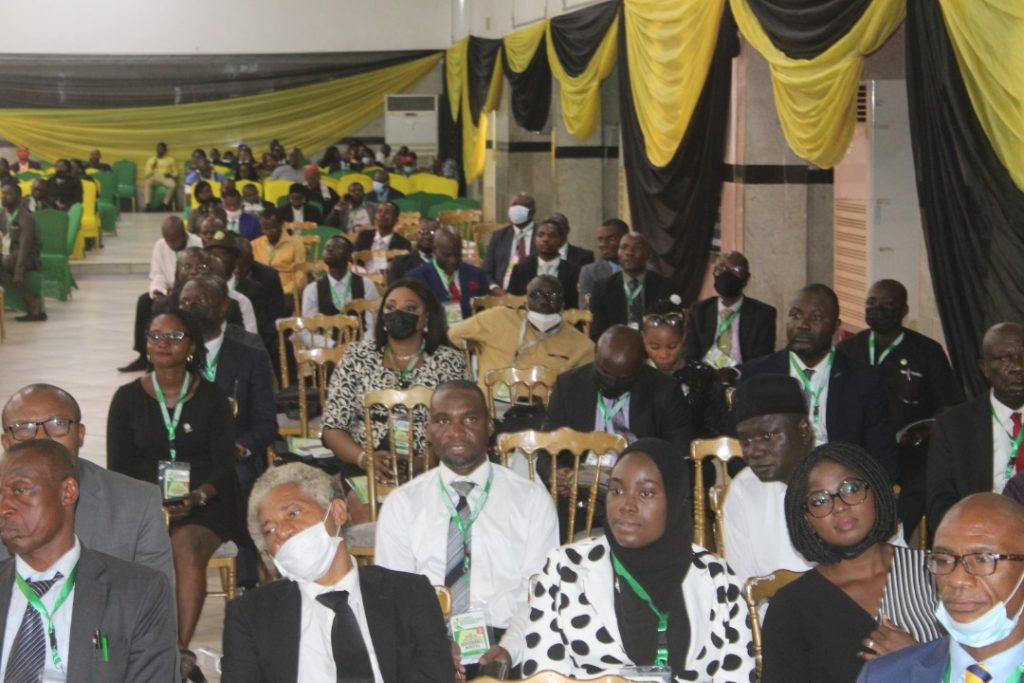
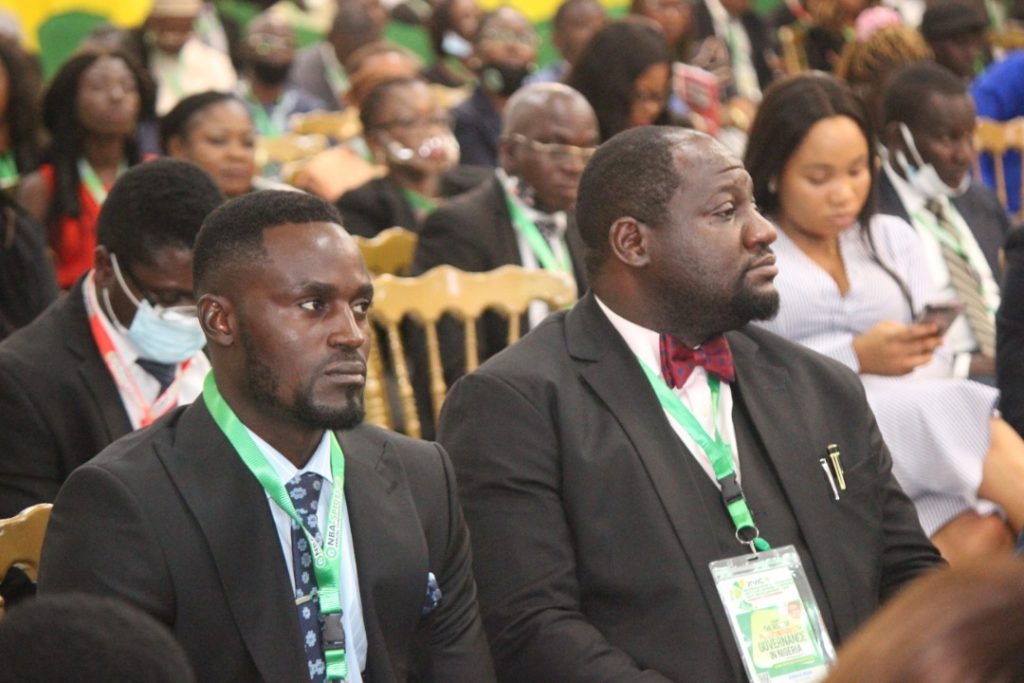
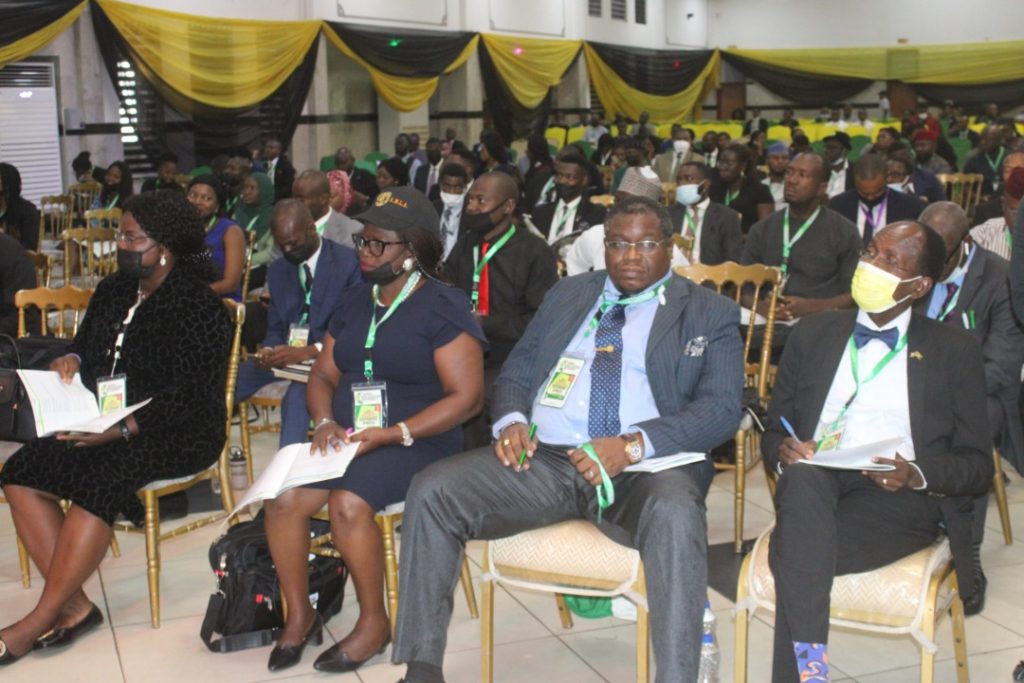
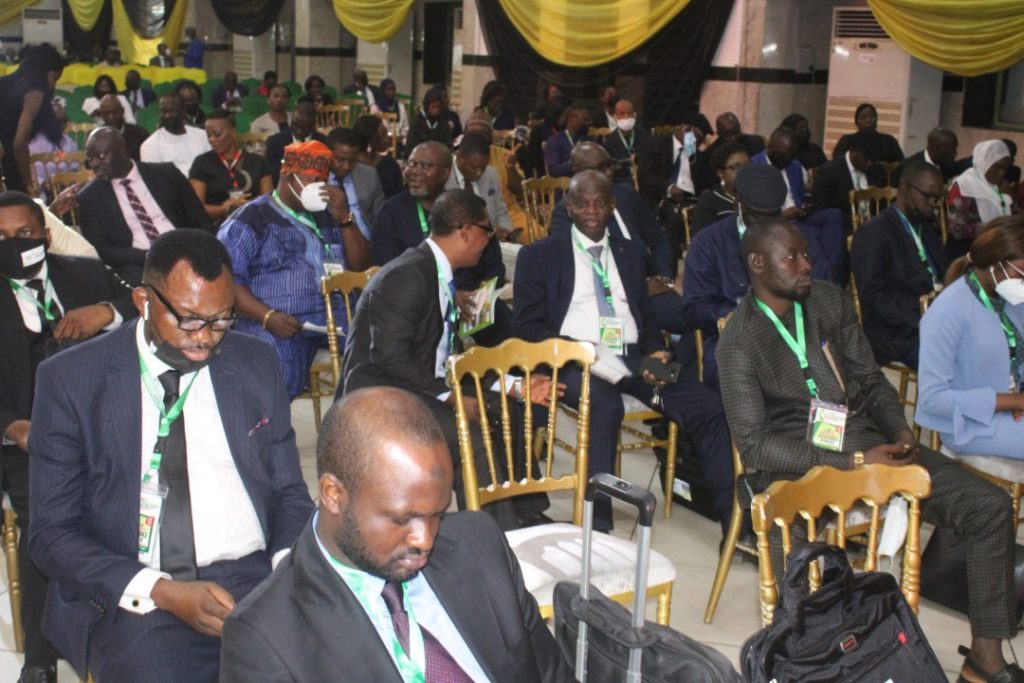
-Advertisement-
Grab our latest Magazine, "Chief Wole Olanipekun, CFR, SAN, A man of wide horizons and deep intentions". Get your order fast and stress free.
For more details about Newswire Law&Events Magazine, kindly reach out to us on 08039218044, 09070309355. Email: newswiremagazine@yahoo.co.uk. You will be glad you did


